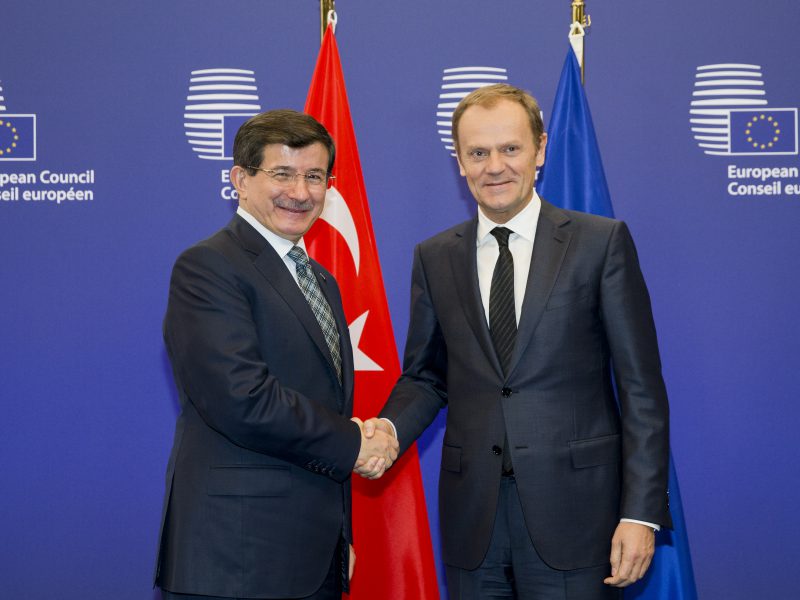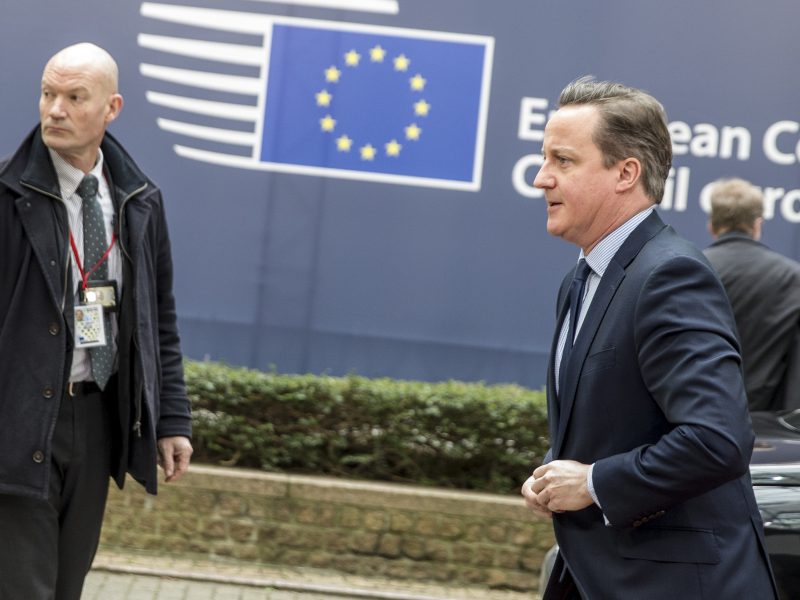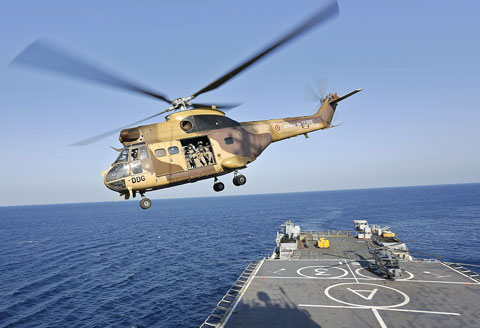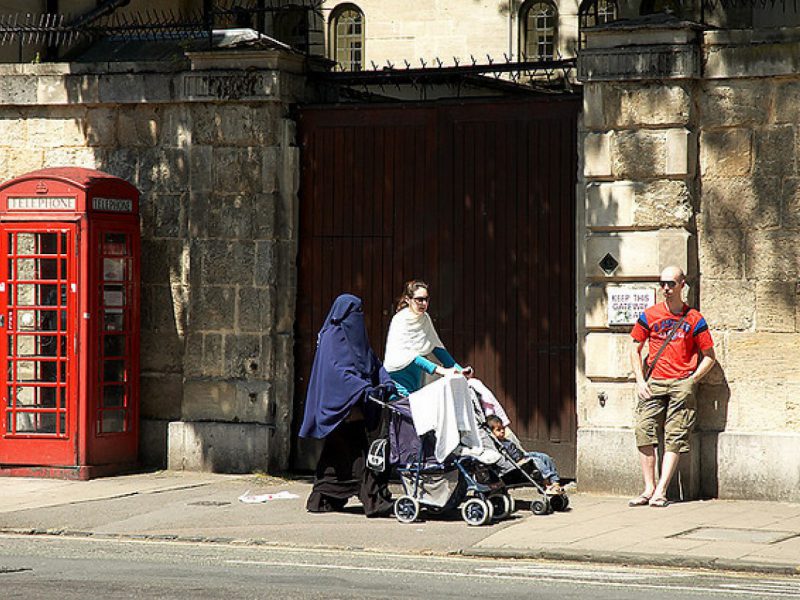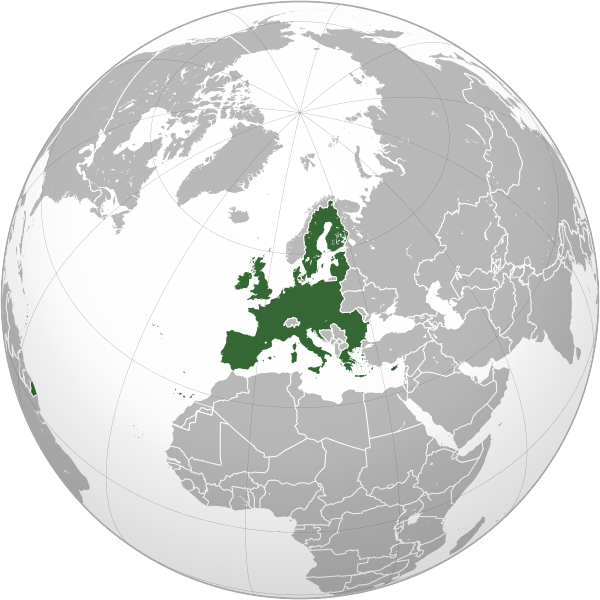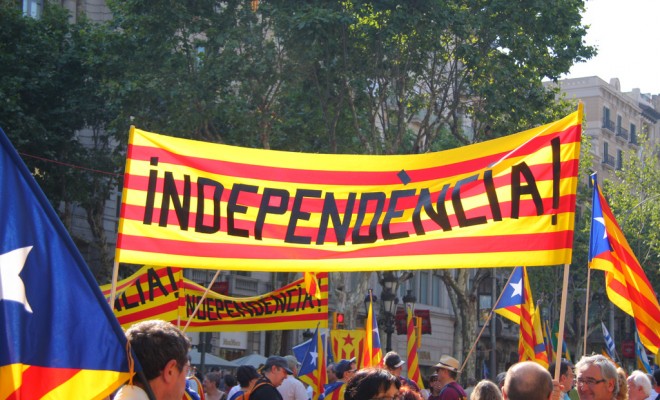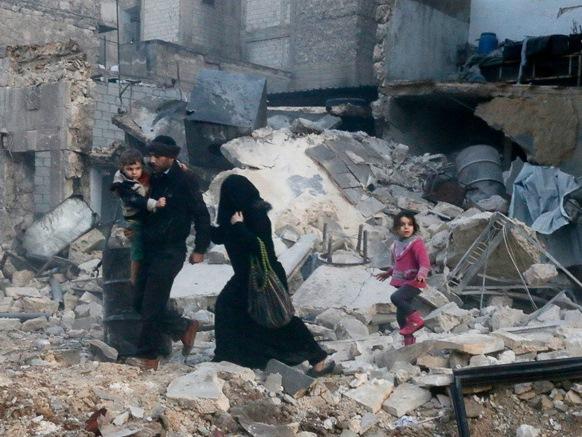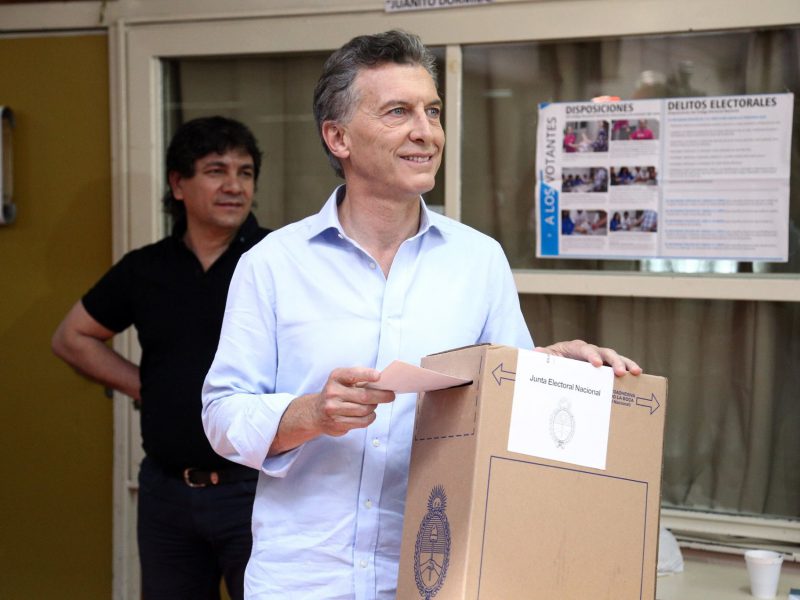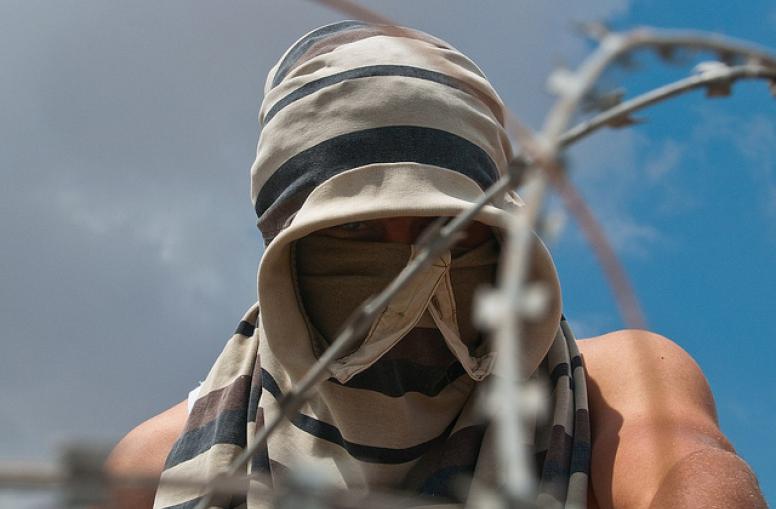Refugee Crisis: To be continued
On 7 March 2016, a meeting of the EU leaders and Turkey took place in Brussels with migration and the refugee crisis at the heart of the agenda. A plan in the making is the end result of this round of negotiations with Turkey…

